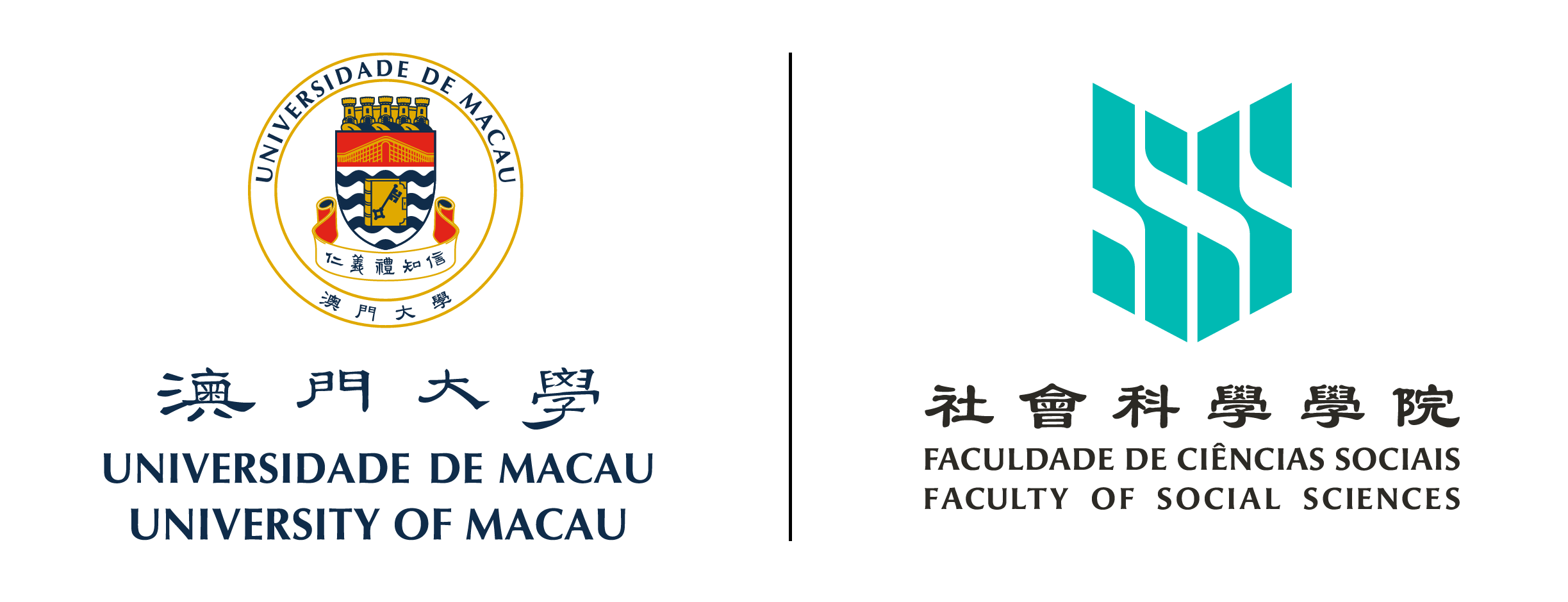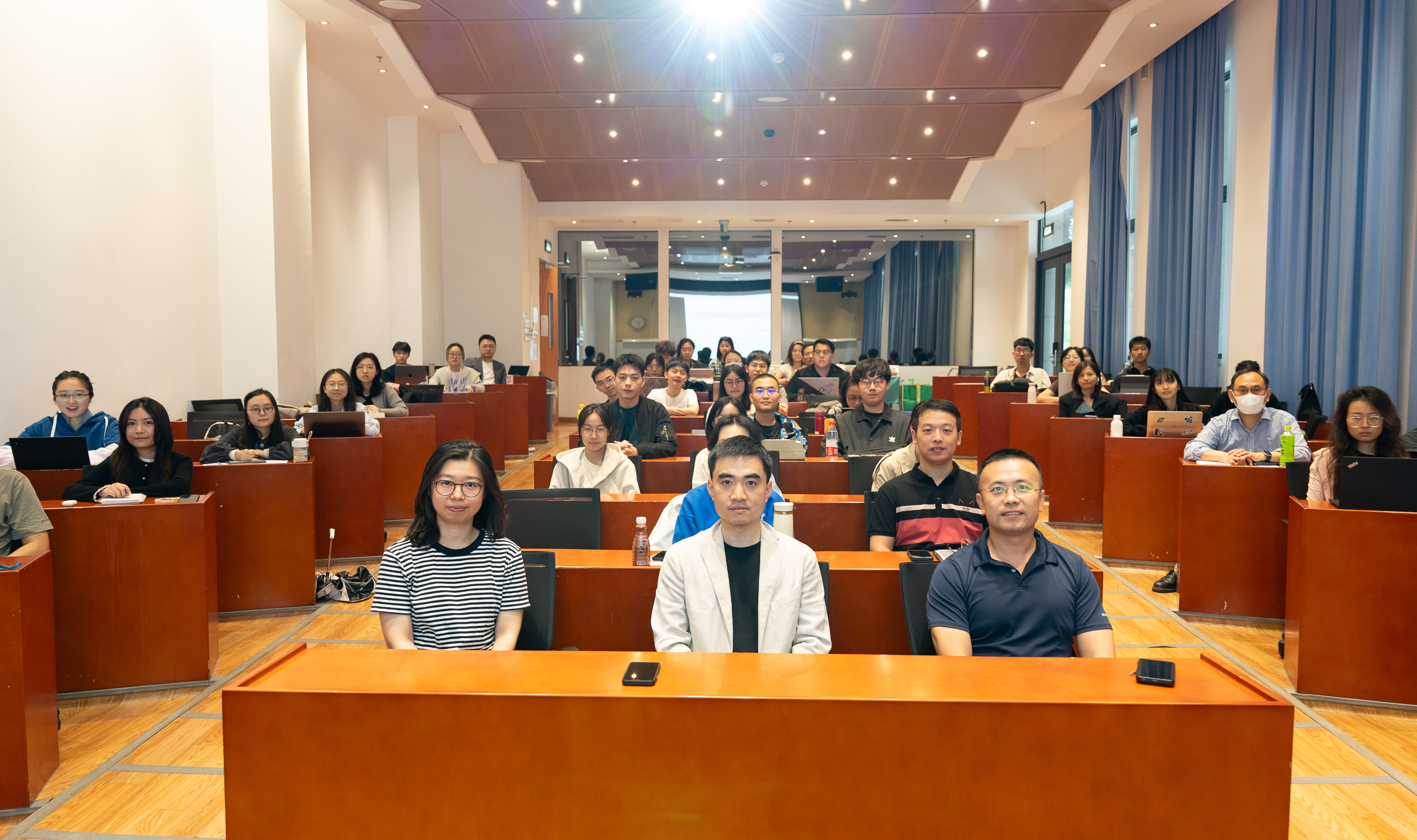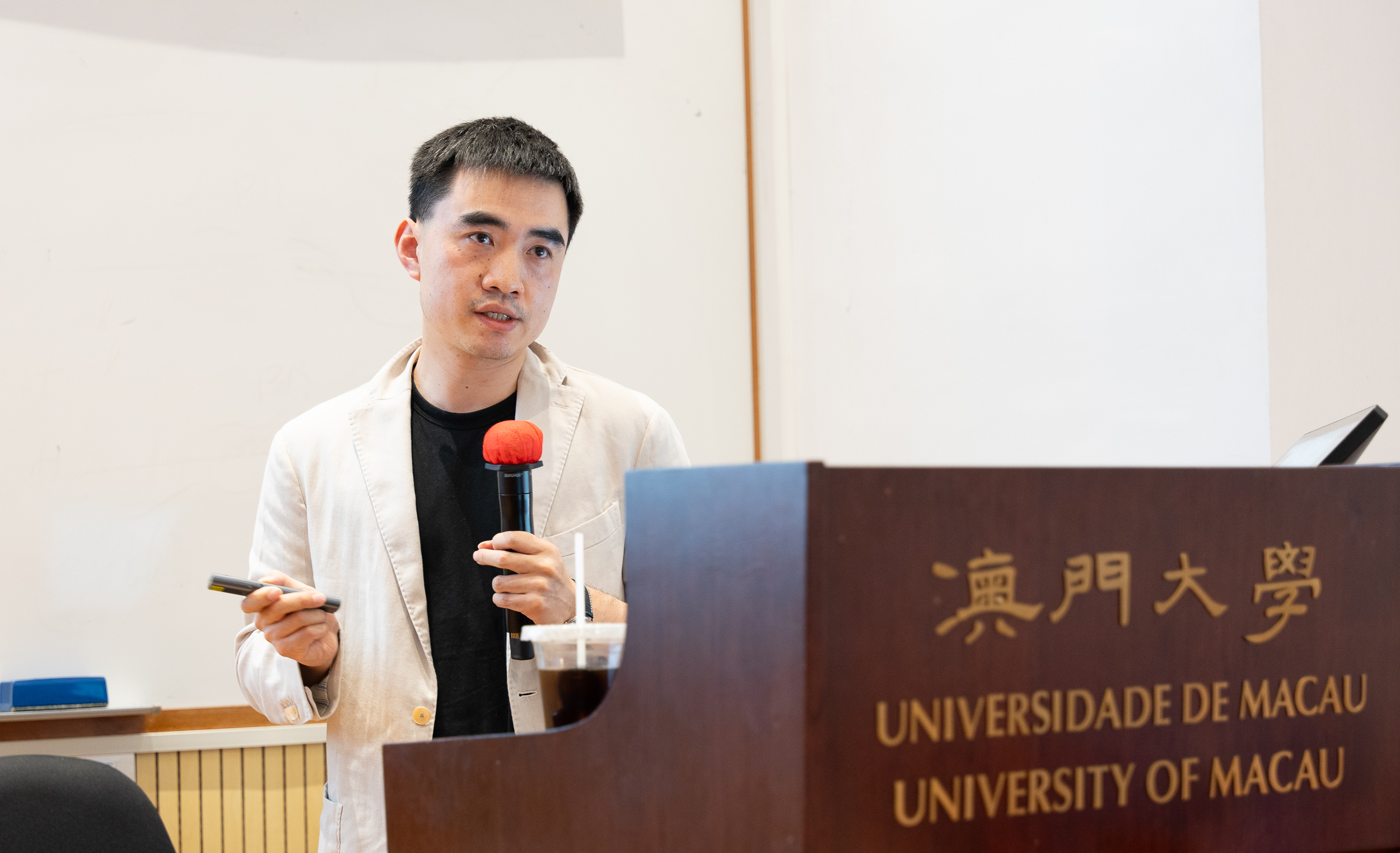In the latest session of the Computational Social Sciences Workshop, Prof. Liqun Liu, assistant professor at the School of International and Public Affairs at Shanghai Jiao Tong University, shared his latest research findings on the phenomenon of global media bias. The study aims to explore why media bias is so widespread worldwide and even exhibits contagious characteristics.
To gain a deeper understanding of media bias, Prof. Liu and his team constructed a game theory model using two media organizations—Russia Today (RT) and the British Broadcasting Corporation (BBC)—as case studies. The model analyzed how British audiences perceive Russia and evaluate the credibility of the BBC under conditions of both free information flow and information control. The model incorporated multiple variables, including the credibility of information sources and the dynamics of information dissemination.
The findings revealed that when information flows freely, audiences are exposed to more truthful information, enabling them to form more objective views. In contrast, in environments where information is controlled, lies and misleading information become more prevalent, leading to heightened audience bias. Additionally, the study explained the contagious nature of media bias from a competitive perspective. Specifically, in the context of international information competition, biased behavior by one media outlet can prompt similar behavior by media in other countries, creating a vicious cycle.
Prof. Liu’s research highlights the profound impact of information flow freedom on media bias and identifies information control as one of the primary causes of media bias. This study not only enriches our understanding of media bias but also provides policymakers with valuable insights to promote free information flow and reduce media bias.
Prof. Liqun Liu is currently an assistant professor at the School of International and Public Affairs at Shanghai Jiao Tong University. He earned his Ph.D. from the Harris School of Public Policy at the University of Chicago in 2021. His research uses game theoretical models to study political economy and international relations, focusing on pandering, media competition, and the causes of war.



